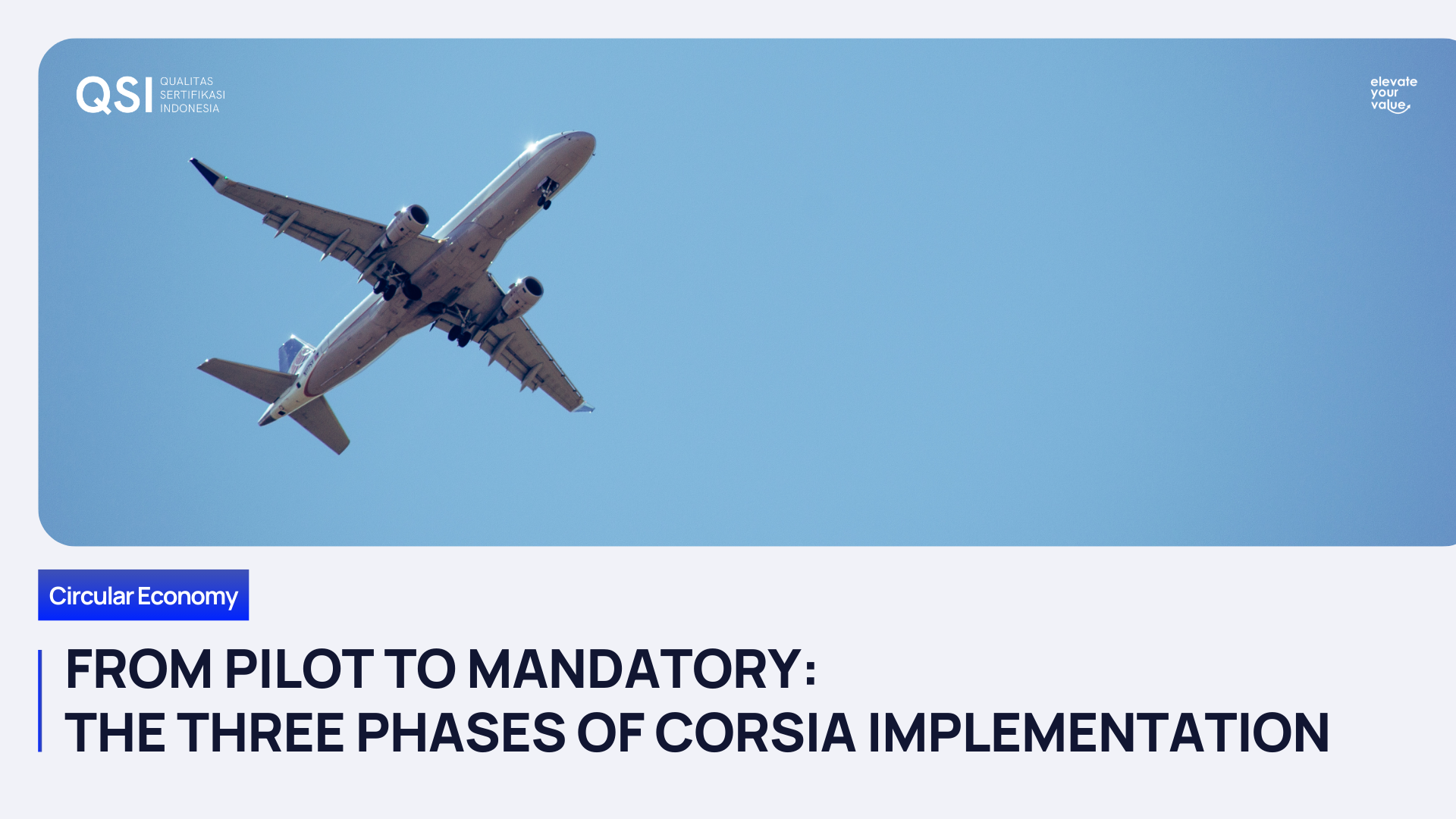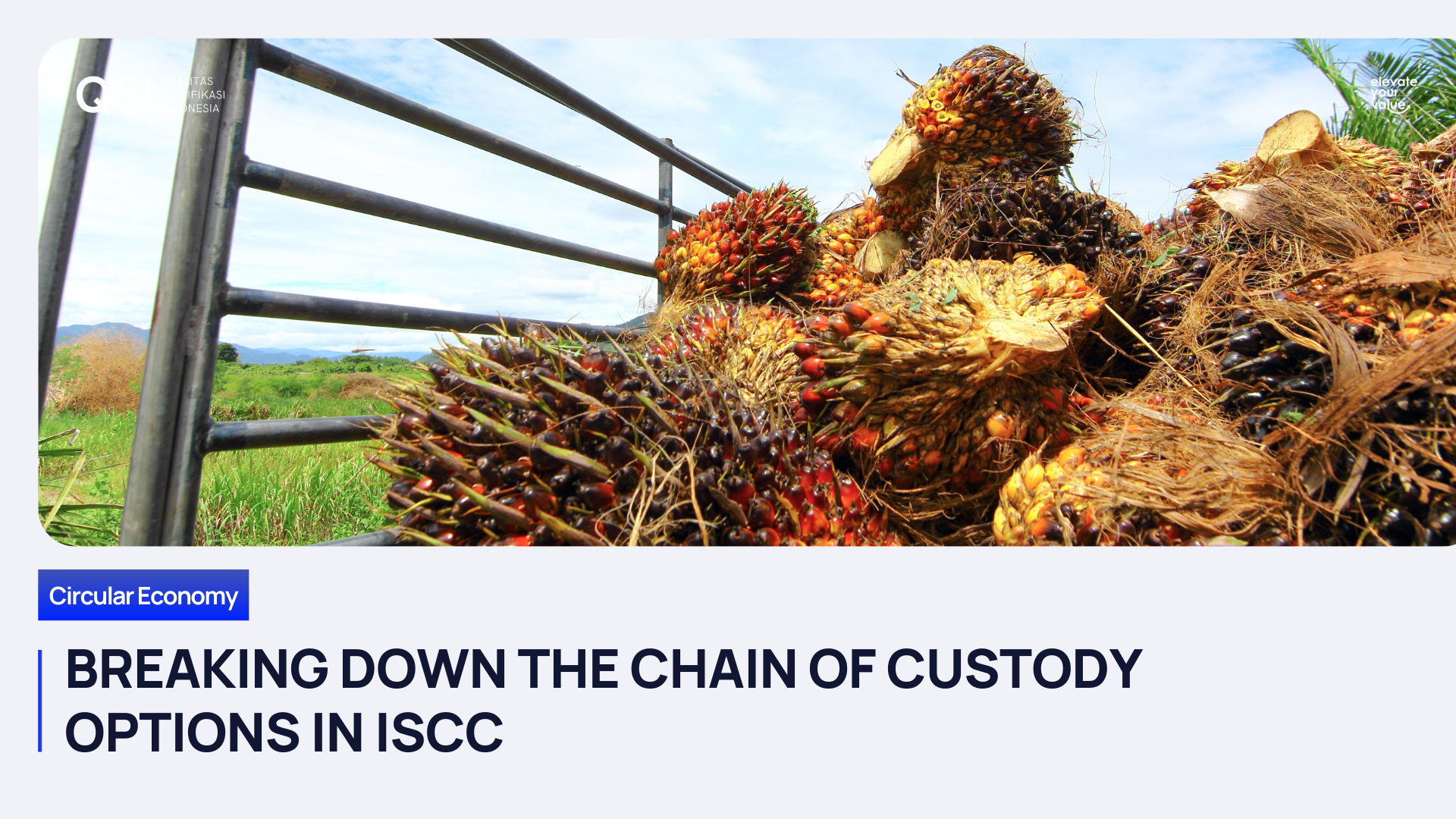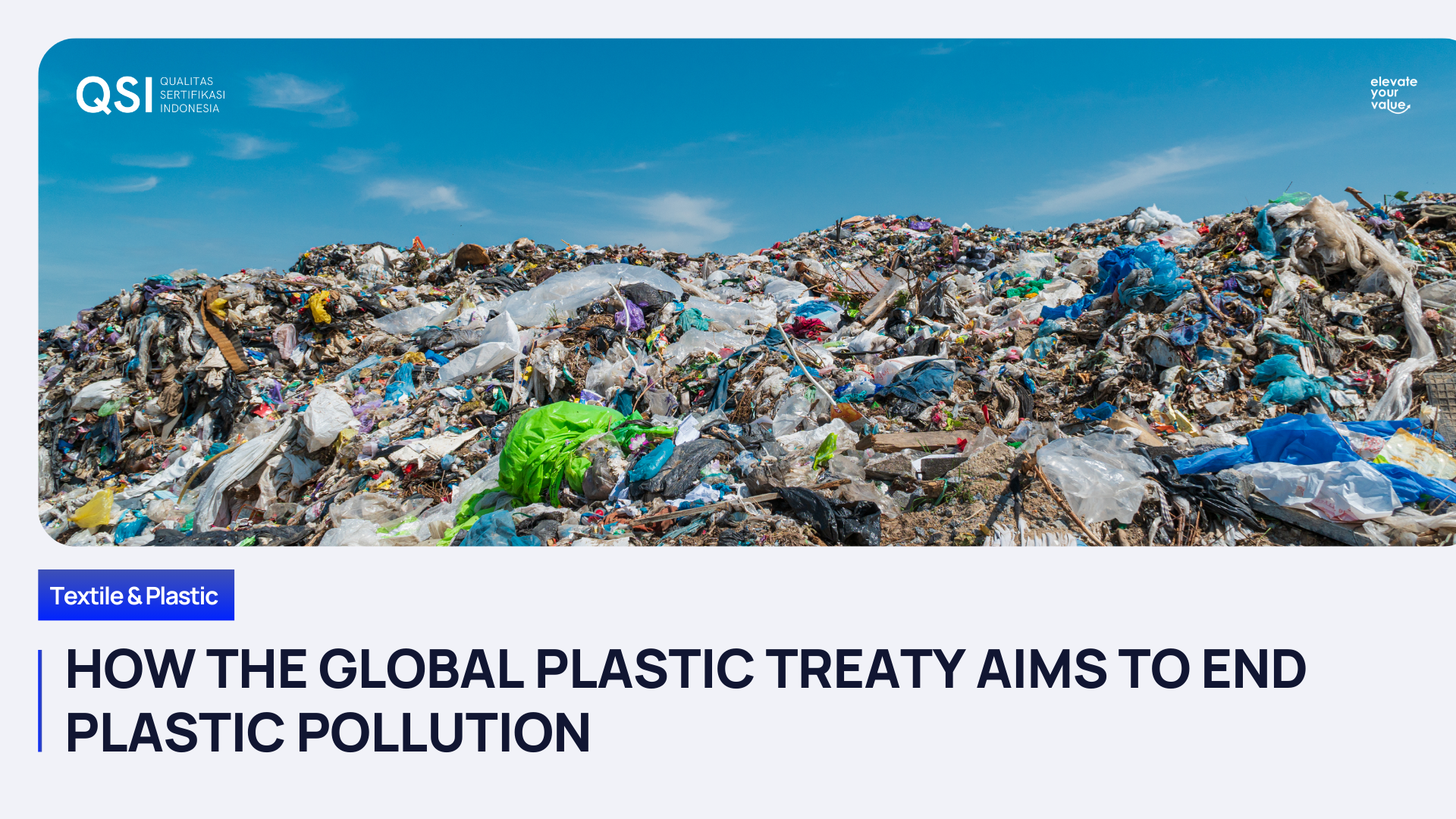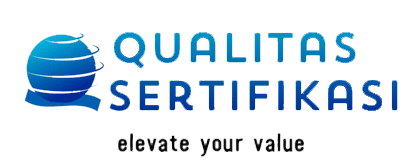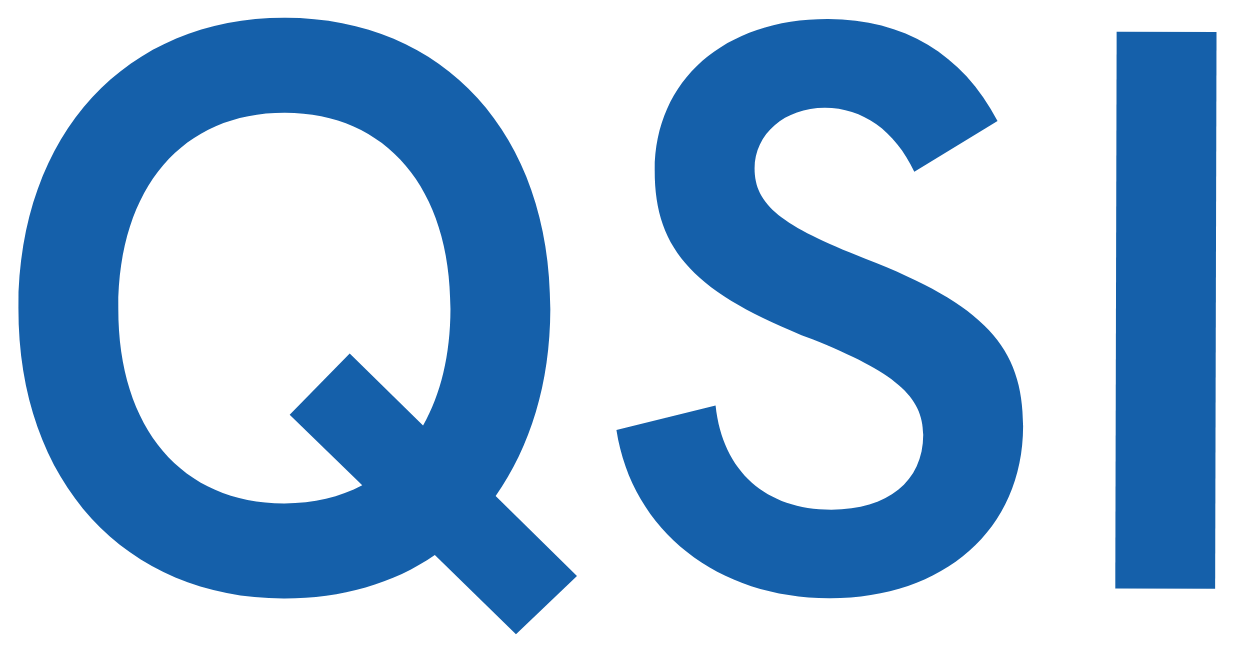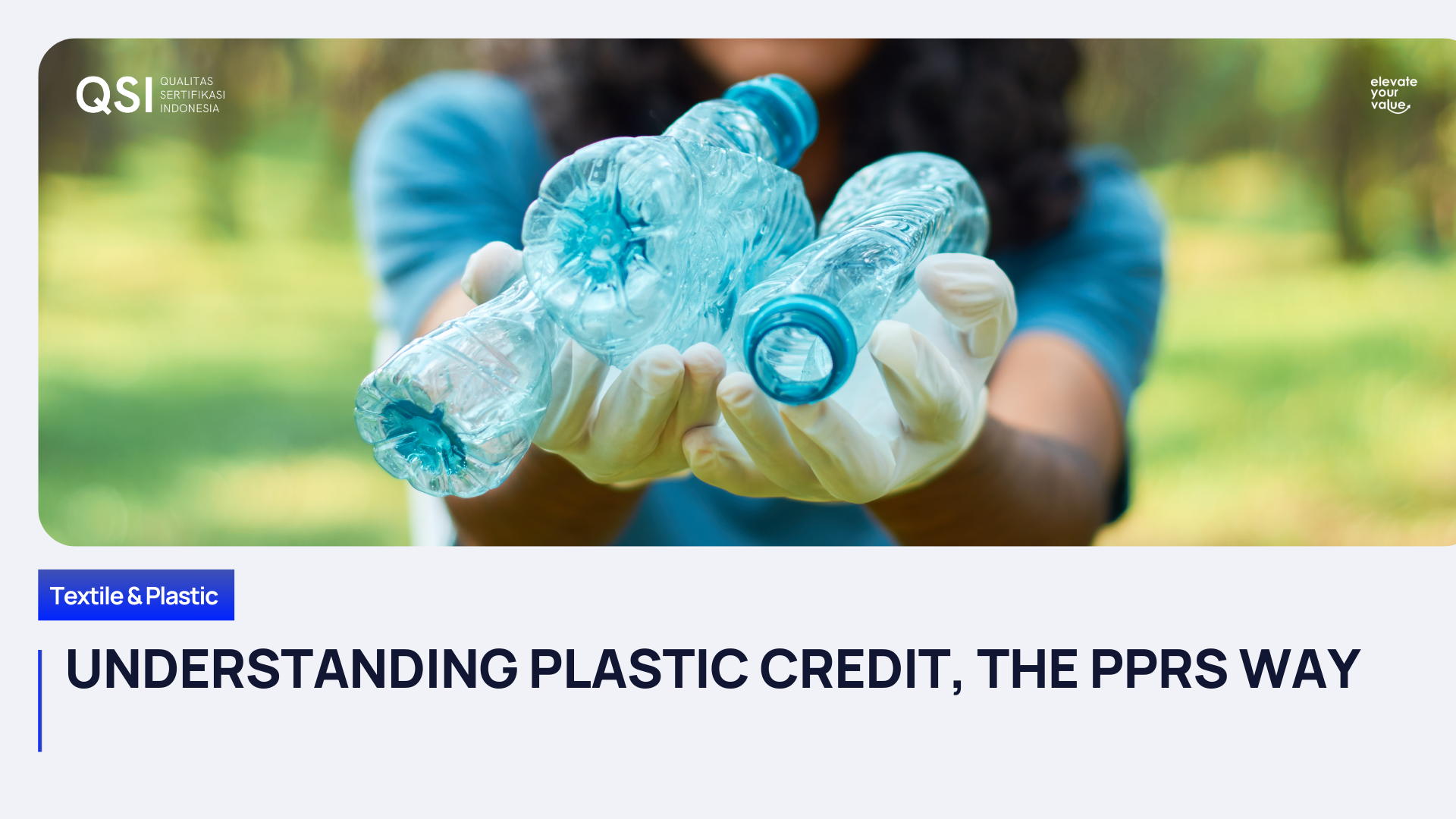Navigating the Diverse Markets of ISCC Certification: Part Three
Welcome back again, Qualizer! In our previous two dives, we explored the exciting world of ISCC certification and its impact on established markets like circular & bio economy and sustainable road transport fuels. We saw how ISCC helps ensure responsible practices throughout supply chains. But the reach of ISCC extends far beyond these established sectors.
But fasten your seatbelts, because this journey takes flight! Part three of our series sets our sights on the high skies, exploring the exciting intersection of ISCC and the burgeoning market for sustainable aviation fuels (SAF). We'll delve into the world of feedstocks – the raw materials that fuel this clean energy revolution – and explore how ISCC plays a crucial role in ensuring their sustainability.
Sustainable Aviation Fuels
Sustainable aviation fuels (SAF) are a game-changer for the aviation industry. Unlike traditional jet fuel, SAF is derived from sustainable sources like used cooking oil, waste fats, or non-food crops. This green alternative significantly reduces greenhouse gas emissions throughout its lifecycle, with some studies suggesting an impressive 80% drop compared to fossil fuels.
Importantly, SAF blends seamlessly with conventional jet fuel and requires no modifications to existing airplanes, making it a practical and impactful solution for airlines. The environmental benefits of SAF are coupled with advantages like increased energy security and a more geographically diverse fuel supply.
ISCC certification ensures the sustainability of these innovative fuels across their entire production chain. ISCC covers various types of SAF, including:
- Biofuels: Liquid fuels derived from sustainable biomass;
- Renewable Fuels of Non-Biological Origin (RFNBO): The process energy that provides the energy input for the final fuel (e.g. electricity generated from wind, solar, aerothermal, geothermal or water). This process energy has to be derived from renewable sources other than biomass;
- Recycled Carbon Fuels: Produced from liquid and solid waste streams of non-renewable origin or waste processing and exhaust gas of non-renewable origin.
ISCC certification ensures the sustainability of SAF across its entire supply chain, from the source of the feedstock to the final fuel delivery. The system offers three relevant certification schemes to cater to different needs:
- ISCC CORSIA: This scheme is specifically designed to meet the sustainability criteria established by the International Civil Aviation Organization (ICAO) for the Carbon Offsetting and Reduction Scheme for International Aviation (CORSIA). Airlines utilizing SAF under CORSIA can leverage ISCC certification to demonstrate compliance;
- ISCC EU: This scheme caters to the requirements of the European Union's Renewable Energy Directive II (RED II) for biofuels placed on the EU market;
- ISCC PLUS: This versatile scheme offers broader applicability beyond specific regulations. It can be used for voluntary sustainability claims in non-regulated markets or for SAF outside the EU.
Feedstocks
The ISCC certification goes beyond just promoting sustainable aviation fuels (SAF). ISCC also plays a vital role in ensuring the sustainability of the entire supply chain, with a strong focus on the source material: feedstocks.
ISCC certification covers a wide range of sustainable feedstocks, categorized into four distinct groups:
- Bio: This category encompasses virgin biomass, the biodegradable portion of products cultivated through agriculture, forestry, and related industries like fisheries and aquaculture. Examples include energy crops specifically grown for fuel production;
- Bio-Circular: This group focuses on waste and residues of biological origin. It includes used cooking oil, waste fats, and manure from agriculture, forestry, and related industries, along with the biodegradable fraction of industrial and municipal waste. Bio-Circular feedstocks offer a sustainable alternative by diverting waste from landfills and putting it to good use;
- Circular: Derived from the mechanical or chemical processing of recyclable materials, but not those of biological origin (fossil-based). While not typically used in SAF production, this category is crucial for other ISCC certified products like sustainable plastics or textiles;
- Renewable: This group encompasses materials harvested from processes powered by renewable energy sources like wind, solar, or geothermal.
The diverse range of markets covered by ISCC certification is key to achieving a more sustainable future across various industries. It provides a pathway for businesses to reduce their reliance on fossil fuels and transition towards a circular economy where waste becomes a valuable resource.
Interested in learning more about ISCC and how it can benefit your business? Visit our
website for detailed information or
contact us for personalized assistance from our team. See you again,
Qualizer!
Recent posts
Drop us a line
Contact Us
Share
